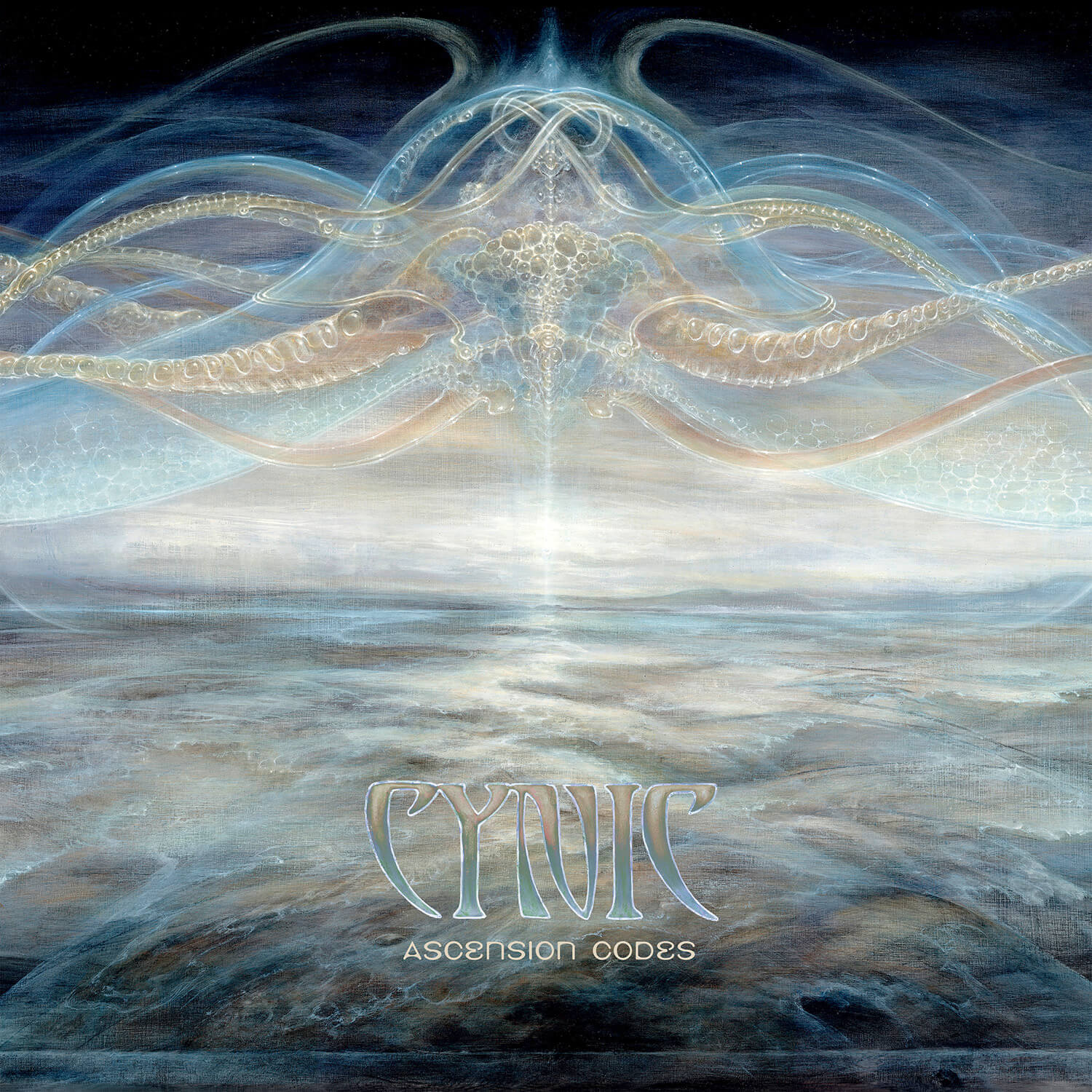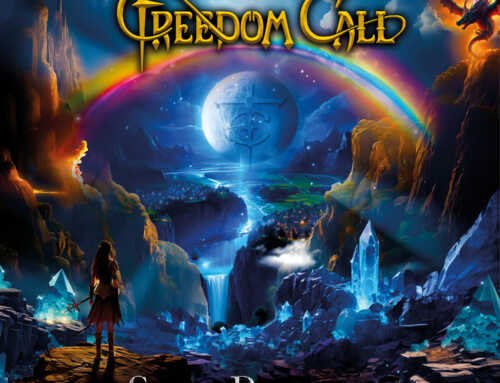To say that Cynic founder, guitarist, singer/songwriter, and the Terrence Mckenna of metal, Paul Masvidal, created and finished Ascension Codes under duress might be an understatement.
After a rather acrimonious and, unfortunately, public split with original Cynic drummer, Sean Reinert, Masvidal was left to put back the pieces. Bringing in drummer, Matt Lynch, best known for his work with Trioscapes, featuring bassist Dan Briggs of Between the Buried and Me and saxophonist, Walter Francourt, Cynic released the 2018 single, Humanoid, proving Lynch was more than capable of carrying on in the drums department. Things were looking good for the future of Cynic. Then everything went to shit…
In January, 2020, Sean Reinert died unexpectedly, and while no longer in the band, the death impacted Masvidal immensely on a personal level. Something like that can leave a lot of unfinished business and unburied hatchets, unfortunately. Reinert’s death led right into the world going collectively insane — almost as if it was what touched it off – and pandemic fears combined with lockdowns and isolation added a heightened level of anxiety to everything, including making music. On December 24, Cynic bassist, Sean Malone, died.
Masvidal, through what I think must have been sheer tyranny of will, completed Ascension Codes. The album contains all the elements of what made Cynic stand apart from other metal bands. Atmospheric interludes (the ascension codes) separate each track, serving as an inhalation for the next plunge into another track of sonic psychedelia. On first listen, Ascension Codes feels slightly less cohesive than Cynic’s most recent release, 2014’s Kindly Bent to Free Us, and there is an undercurrent of melancholy (understandably) but after a few spins, the fragments start to bind to your receptors and you’re rewarded with a some of Cynic’s most twisted, ‘out there’ sounding compositions to date.
While containing less hooks than Kindly Bent to Free Us, there are more twists and turns. Masvidal’s robot vocals are abundant here, finding a nice balance with his natural ‘shoe-gaze’ timbre. There’s plenty of trademark, staccato riffs peppering each track, giving way to blissful meditative drones. Also, and I could be wrong, but in the background of the densely layered vocals, I can detect traces of Masvidal’s raspy, death vocals. Whether that is a foreshadowing, or closing of the book remains to be seen. Hopefully it’s the former.
I think what most fans will take issue with is the addition of bass synth, played by Dave Mackay, – a decision I’m sure Masvidal did not take lightly. Sean Malone’s bass playing was integral to the Cynic sound, but I think under the circumstances, it would have been more blasphemous to find another bass player to fill Malone’s shoes. And guess what? It works. The lines are sinuous and, rather than trying to mimic what Malone might do as far as lines go, it creates its own space as a respectful landscape where Malone’s spirit can reside.
The songs all stand alone, but I do feel this album is best enjoyed in one listen from start to finish. Once you reach the standout track, In a Multiverse Where Atoms Sing, all doubts on whether or not this is a proper Cynic album will dissolve. Malone and Reinert will be missed for sure, but from what I hear on Ascension Codes, I think Masvidal has many more ideas and thoughts that can only be expressed within the Cynic universe. One can certainly hope.
Listen to it.
Ascension Codes releases on November 26th.








Leave A Comment